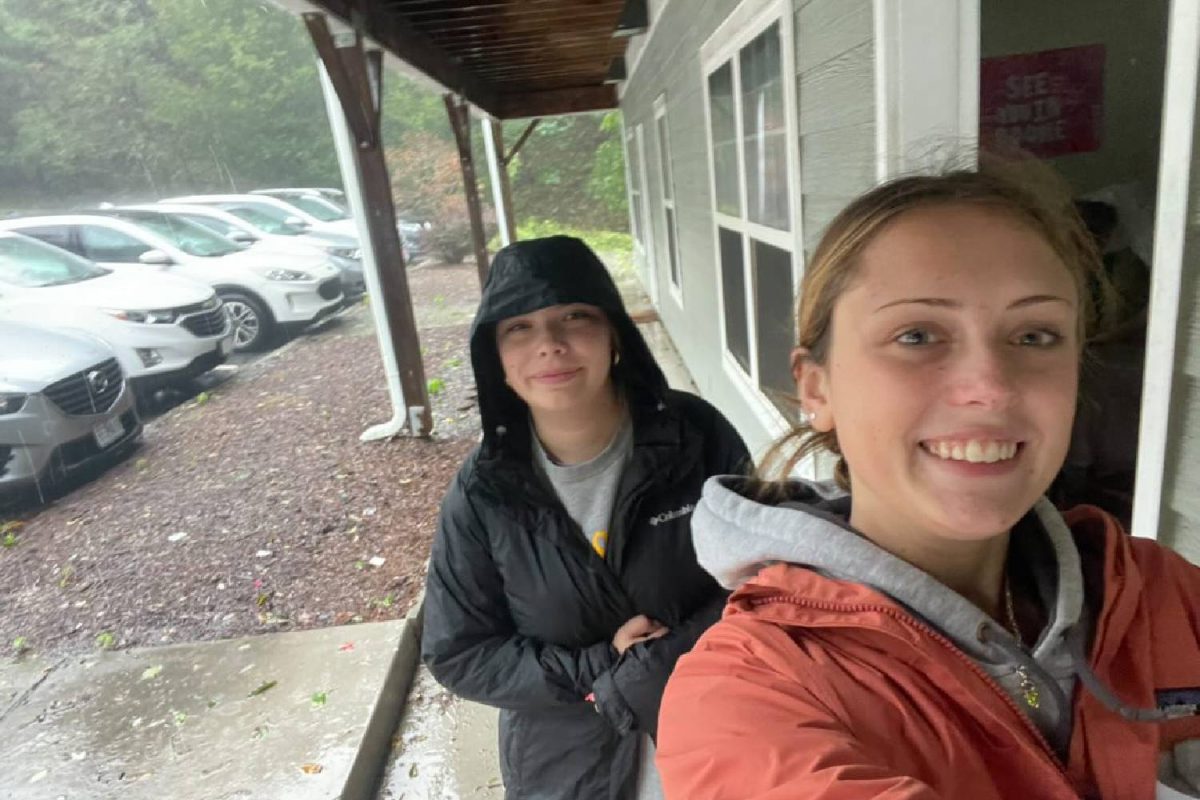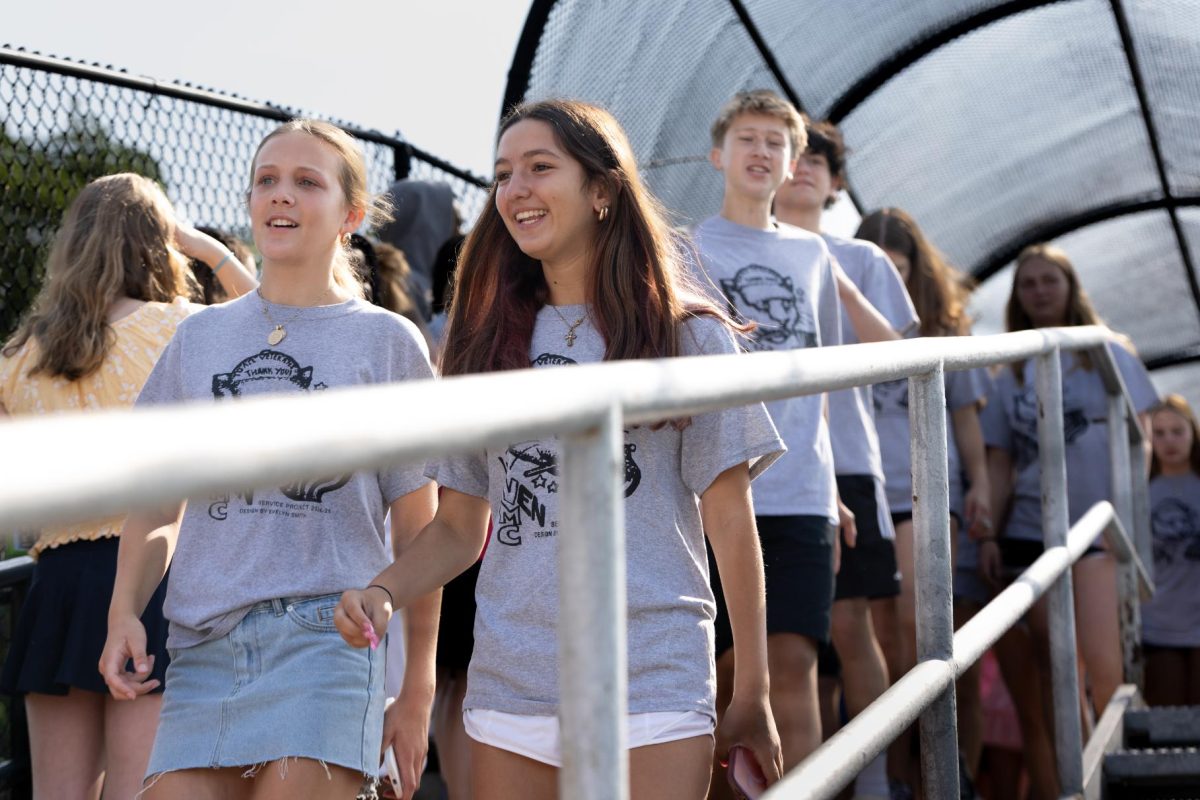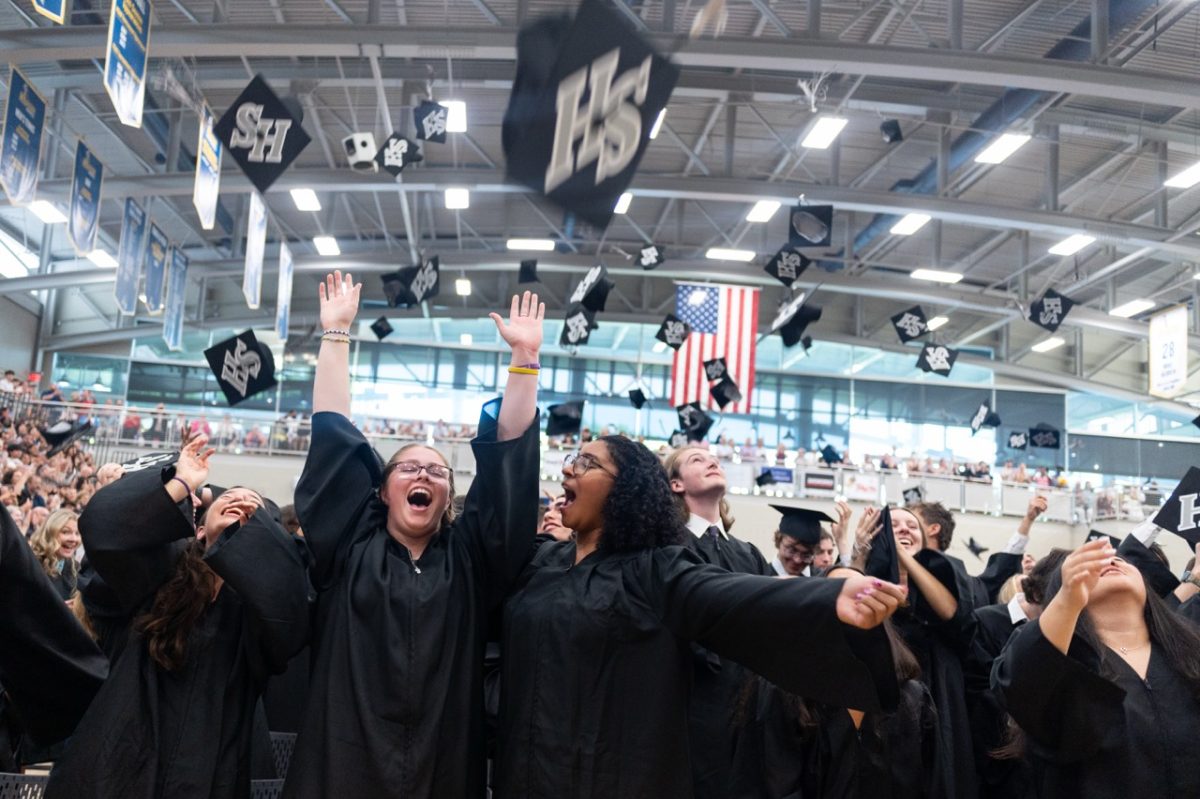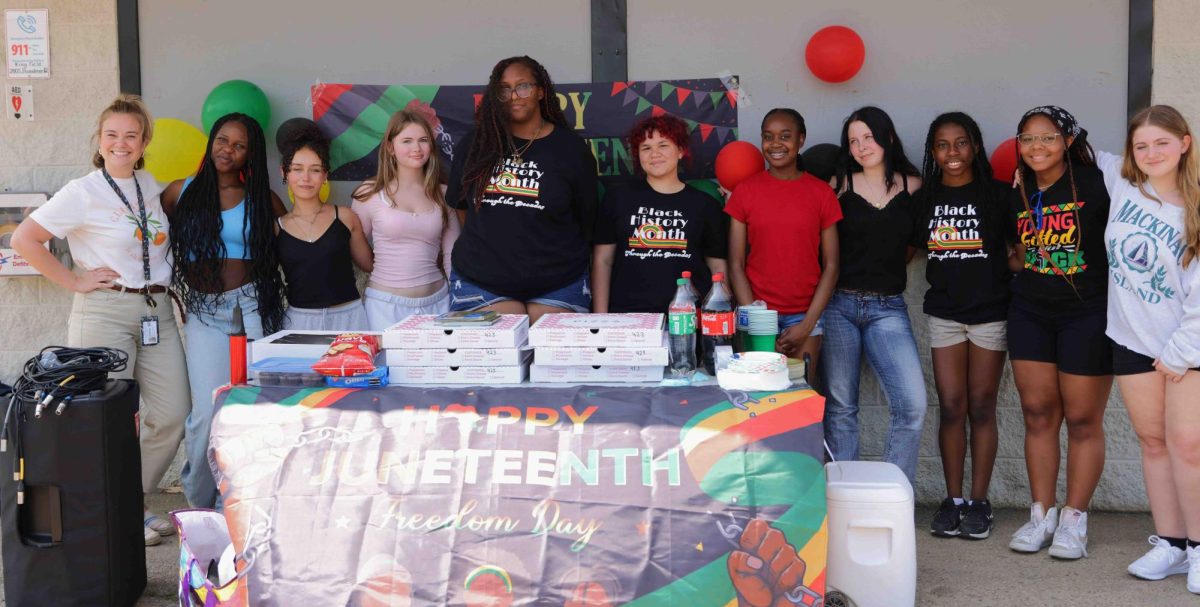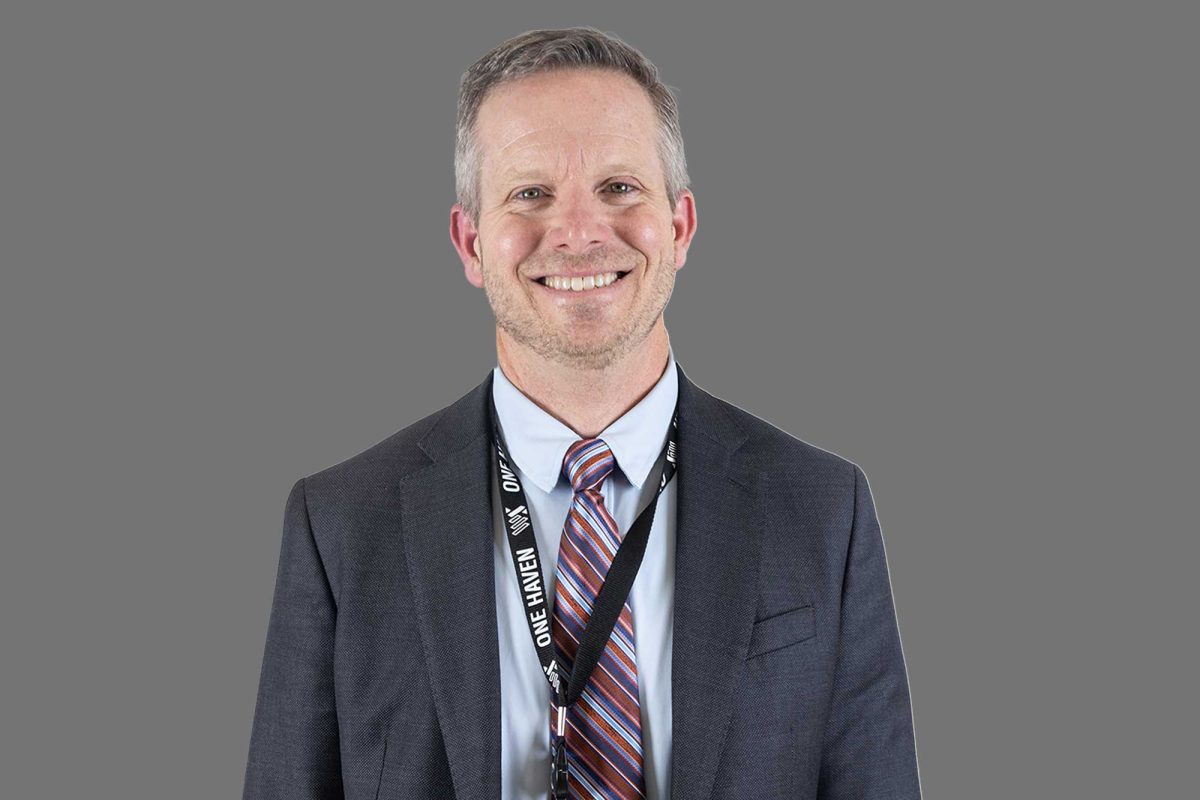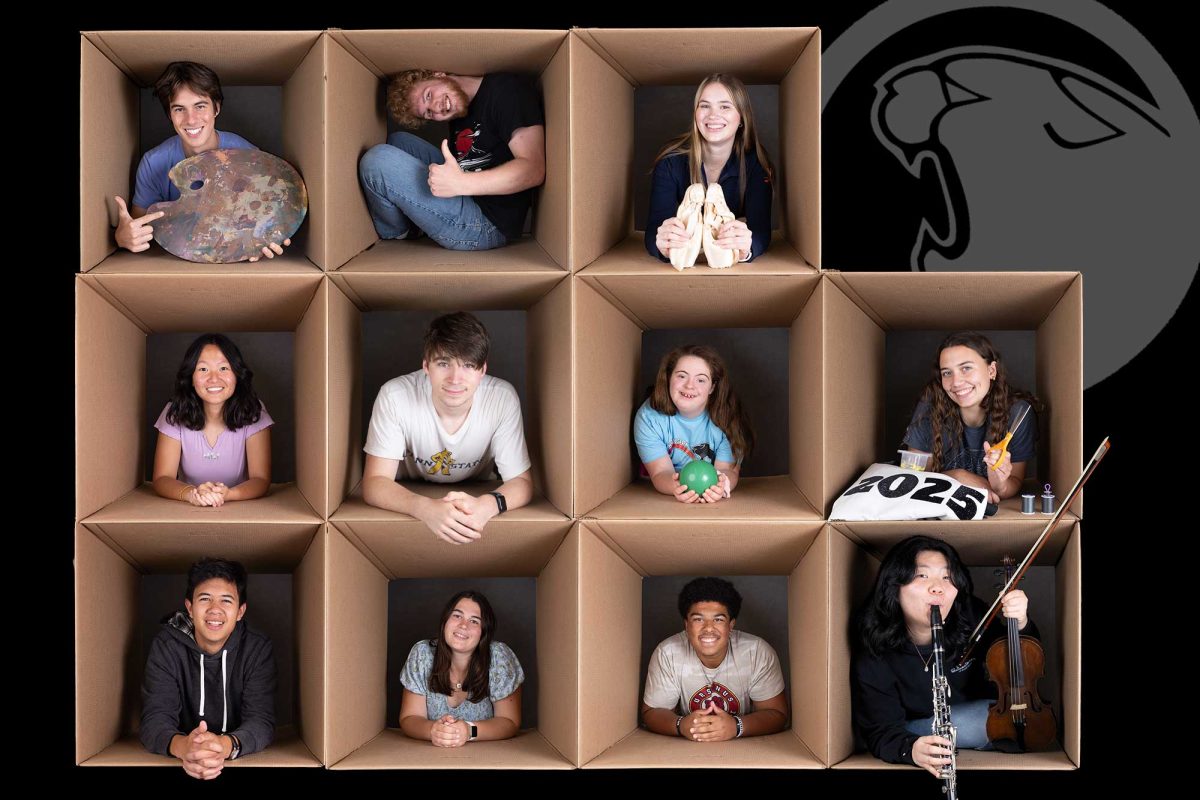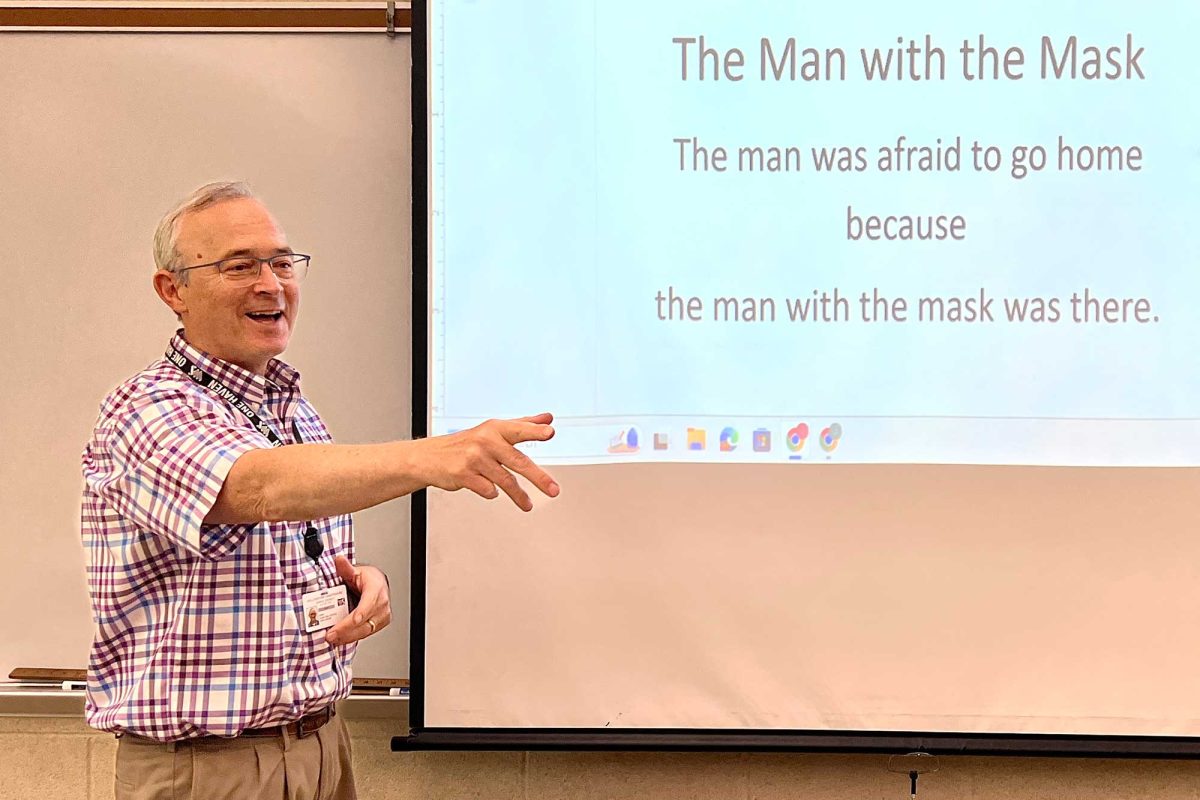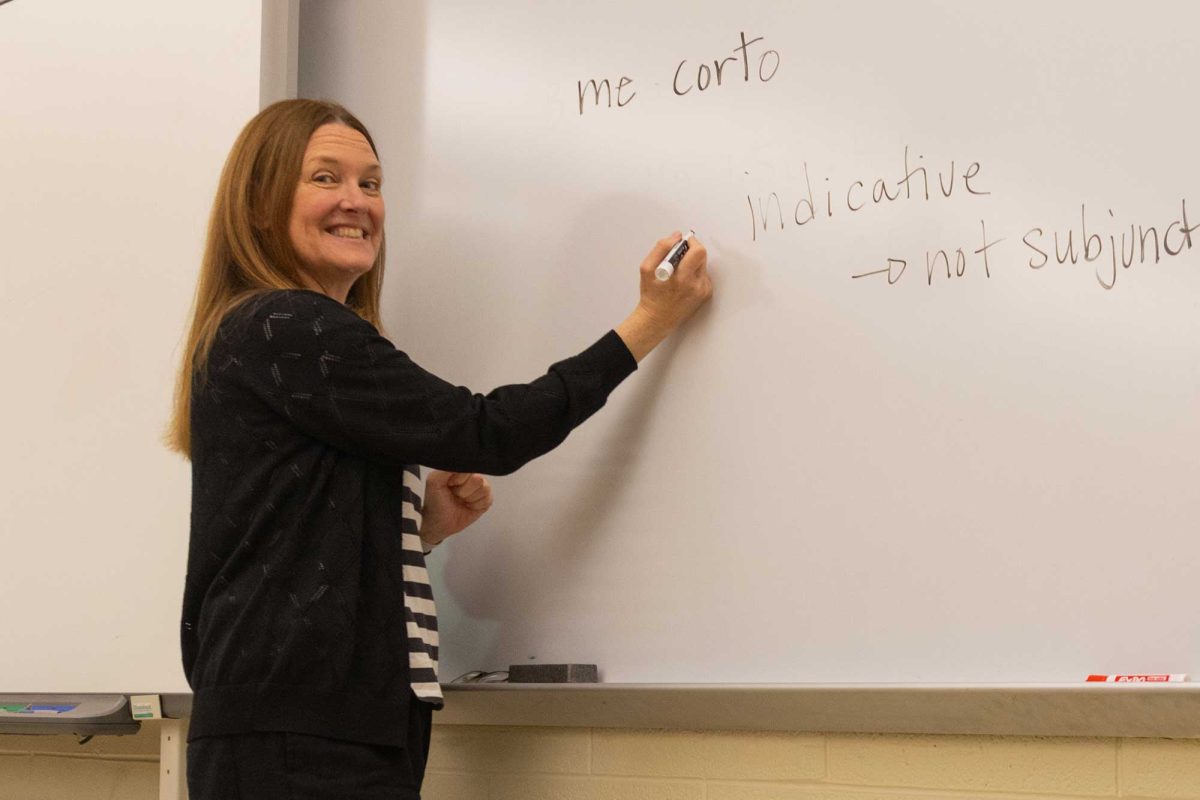Helene (Category 4) and Hurricane Milton (Category 3) hit parts of North Carolina and Florida.
According to The Florida Times Union, Hurricane Helene hit western North Carolina on September 26. Not long after, Hurricane Milton hit in western Florida, near the Siesta Key, on October 9.
Colleges like Appalachian State University and UNC Asheville were flooded, while others experienced torrential downpours.
Though most Strath Haven students weren’t affected by the storms, some Haven alumni experienced downpours, flooding, and emergency conditions at their colleges.
For Georgia Gianopulos, a sophomore at Appalachian State University in Boone, N.C., she inevitably returned home as the college and the Boone community navigated relief efforts.
Gianopulos lost water, power, internet, and phone in her apartment. After experiencing a full day during the storm conditions, she decided to drive back to Wallingford.
“I was like, ‘I guess, I should go home because these aren’t safe living conditions,’” she said. “Even though I have a shelter and a bed and food, I don’t have water.’ You need water for so many things.”
The flooding caused classes at Appalachian State to shut down for about two weeks, according to Gianopulos.
On the other hand, college freshman Henry Reacher at the University of North Carolina Chapel Hill, located in central North Carolina, didn’t experience as much severe weather as the western parts of North Carolina.
“I was not affected badly, like nothing closed in Chapel Hill,” he said. “There was no destruction. Classes weren’t canceled. There was a lot of rain in September, which was annoying having to walk through that. I had to take a history midterm a month ago while tornado warnings were happening outside. That was the day Helene hit the west of the state.”
Even so, Reacher had friends who were in the area when Hurricane Helene and Milton hit, and the church he sings at has been working on providing aid to those impacted.
“UNC-Chapel Hill was really good at letting its students know that at other UNC campuses, people haven’t been as lucky, so they definitely did a good job at making us aware of the gravity of the situation,” Reacher said.
At Appalachian State, Gianopulos noted how more tight-knit the community has become to ensure people are getting the aid they need to recover.
“I have never seen a community come so together to fix everything,” Gianopoulos said. “I know with volunteering, they even had to stop accepting donations, because they were receiving so many, and I know App State collected a bunch of donation money to give out to students who needed that, no questions asked, whether you lost a bunch of groceries, or you had bills to pay.”
Gianopulos returned to school on October 16 and while things have mostly returned to normal, Gianopulos noted some key changes caused by the storm’s aftermath.
“Some places are so ruined, there’s dirt all over,” she said. “The nearest craft store we have is Hobby Lobby, and that parking lot is basically just dirt roads now. We don’t have any Targets, and the only store that sells everything like Target does, like groceries and household supplies and clothes is Walmart. But Walmart was condemned because of how much water damage they got, so they have to tear down the whole building and then rebuild it.”
According to Inside Higher Ed, recovery efforts continue to be underway, with colleges helping take the lead to rebuild communities. Gianopoulos continues to be resilient as she moves forward with the rest of the semester.
“Boone’s not just a college town, like there’s people who live in Boone, and there’s a huge homeless population in Boone, so it’s so scary thinking about how many people have lost their jobs that are keeping them alive,” Gianopoulos said. “That’s been on my mind a lot [since the hurricane].”




